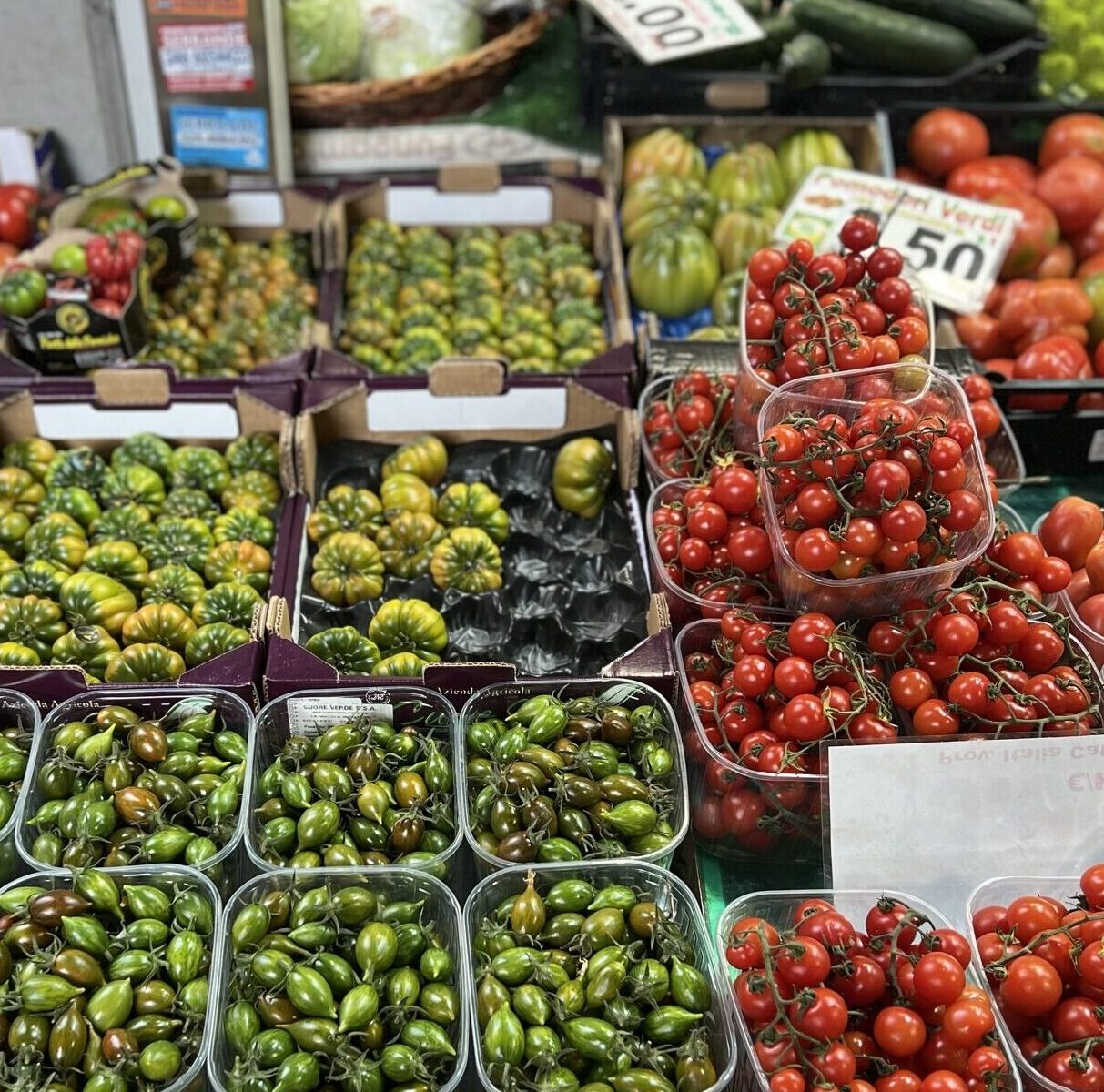Food sustainability is about a behavior change!
National Farm to School Month started off well for Woodward North in Johns Creek with a reworking of the school garden with edible plants. With the support of the school management and teachers, WN initiated the student-led community garden with an innovative approach to managing small gardens with available resources.
The idea of a school garden is to provide healthy, nutritious meals to children and lead them as change agents for the future. Knowing how to grow your food is a life skill, and with changing climate patterns, we need more leaders to address the challenges of growing food. WN has embarked on this journey to bring sustainability to the Johns Creek campus with food and resource sustainability models during this farm-to-school month.
Along with this project, the school also has a recycling program and plans to build a curriculum focusing on goals of sustainable development. Climate science is a process to create mitigation actions for the challenges that the world is facing. We need many more scientists, professionals, and climate warriors to address these challenges. WN has started this journey with the support of parents and children.
There was so much excitement amongst the kids from kindergarten to 6th grade to engage in various activities throughout October 21-25th as the school celebrated farm-to-school week. At this point, the school would like to thank the sponsors and parents who supported from planning to execution of the project. A special mention of the support from Soil3 and Seeds for the People organization for soil and seeds for this project.
The school likes to grow this initiative and nurture young minds to bring more innovation with their outdoor community garden activities. “I don’t like spinach and why do you want to grow that?” said one of the kindergartners. After they sowed the seeds, he was curious to know when the spinach would grow so he could eat the meal that would be prepared by the school kitchen. That is the impact when they know what is served to them during every meal. There are plans also to collaborate with other community groups and student organizations to bring new projects for sustainability on the campus.
How Local Food Can Contribute to a Sustainable Food System?

Role of Participatory Engagement in Sustainable Local Food Systems
Sustainable food systems are not just about farming and food production, it is also about engaging the whole network of actors involved in providing food to the people. Food systems management can vary substantially from place to place and over time, depending on location specific conditions that includes land stewardship, policy, people’s participation and available resources for production of food and a well-serving markets. Especially in the local food systems this network is small and also easily manageable than huge comprehensive global food systems where the control over social, economical and environmental outcome of production of food could be challenging.
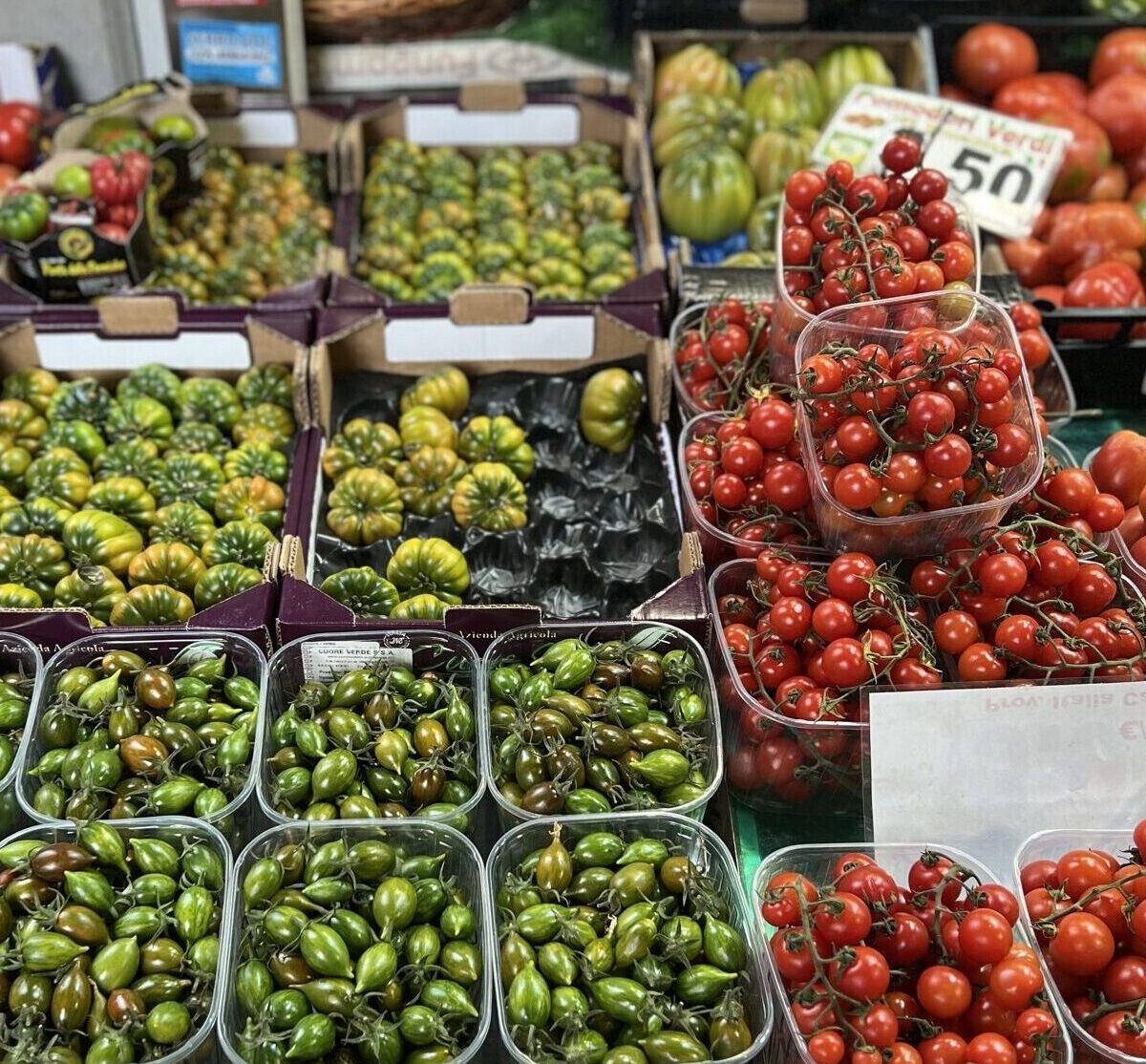
USDA’s National Agricultural Library defines food systems as “everything from farm to table.” USDA describes local and regional food systems as “place-specific clusters of agricultural producers of all kinds—farmers, ranchers, fishers—along with consumers and institutions engaged in producing, processing, distributing, and selling foods.”
A definition used by the U.S. in its Global Food Security Strategy is “Agriculture and food systems are intact or whole unit made up of interrelated components of people, behaviors, relationships, and material goods that interact in the production, processing, packaging, transporting, trade, marketing, consumption, and use of food, feed, and fiber through aquaculture, farming, wild fisheries, forestry, and pastoralism. The food and agriculture system operates within and is influenced by social, political, economic, and environmental contexts.” How do we manage such complex food systems network? Explore working with us!
What is our role in strengthening local food system?
Food systems encompass the entire range of actors and their contribution to activities involved in the production, aggregation, processing, distribution, consumption and disposal of food products. It also includes sub-systems like farming system, waste management system, input supply system, and interacts with other key elements like trade, finance, policy.
The Circular Farm works in the realm of these systems and subsystems through our strong collaboration- partnerships model. We identify the partners required during different phases of project implementation and works on building strong partnership models globally and ensure that everyone gets equal participation benefits in building a community project. Through our participatory method, our partners engage constantly during their phase of project implementation with the local communities to build commitment to the stakeholders and faith among the communities.


Celebrated National Farm to School Month with Woodward North
Food sustainability is about a behavior change! National Farm to School Month started off well for Woodward North in Johns Creek with a reworking of
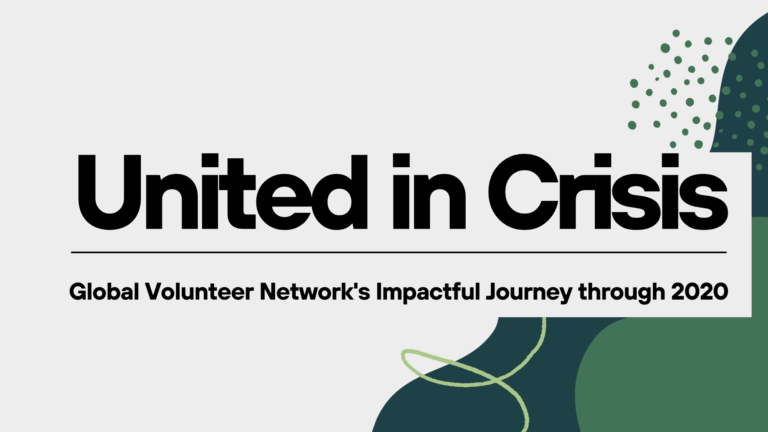
Our action towards UN Sustainable Development Goals
Our action towards UN Sustainable Development Goals https://www.youtube.com/watch?v=rC8MZJ4g9s8A group of 20 volunteers from around the world were connected under one thread that held us all
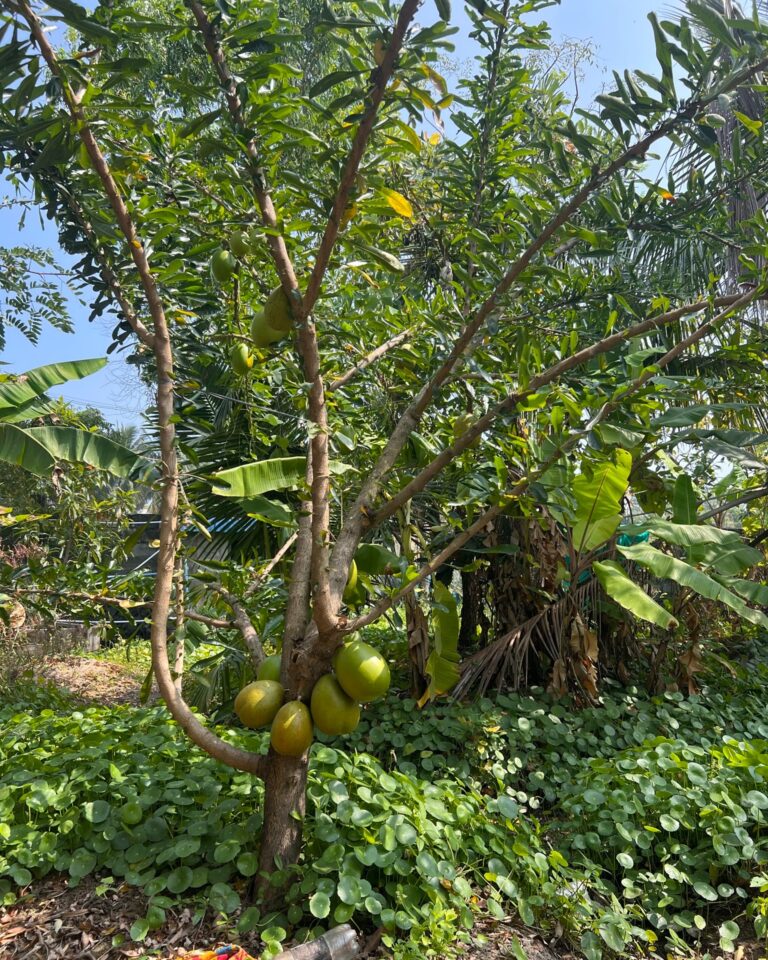
Creating Sustainable Landscape with Native Plants
Creating Sustainable Landscape with Native Plants Sustainable landscape is developed as a measure to the environmental damages created due to overuse and exploitation of our
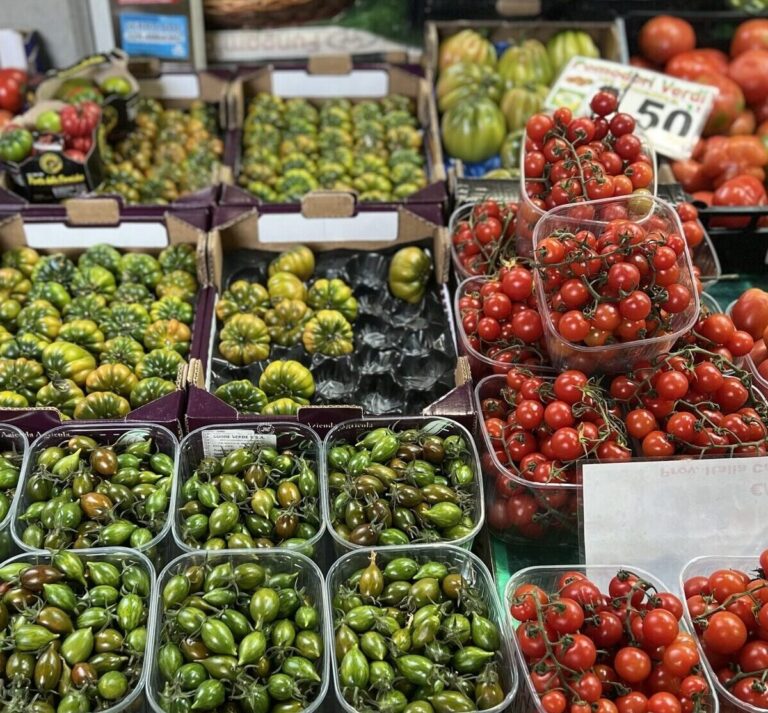
How Local Food Can Contribute to a Sustainable Food System?
Role of Participatory Engagement in Sustainable Local Food Systems Sustainable food systems are not just about farming and food production, it is also about engaging the
Some of our partnership strengthening project is tech enabled sustainability certification for Paprika Oleo’s, our Virudhunagar based product company working with Tinkerblox Inc in setting up farm monitoring technology that seamlessly connect farms and factories. This effort has amplified the vision of the food production company in creating food brands that respect nature and human health. To such heroes, we create an ecosystem supporting them in continuing their mission. This means that we ensure –
- – It is profitable throughout (economic sustainability);
- – It has broad-based benefits for society (social sustainability); and
- – It has a positive or neutral impact on the natural environment (environmental sustainability).”
Author

Gayathri Ilango
CEO - Founder


